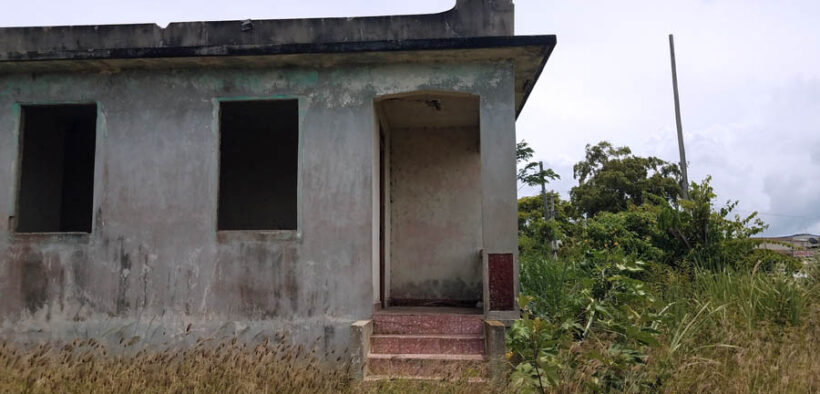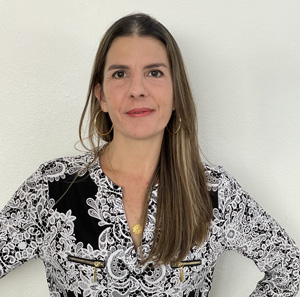Senate bill proposes turning vacant buildings into affordable housing

Puerto Rico Sen. Álvarez-Conde’s measure would prioritize closed schools.
Puerto Rico Sen. Ada Álvarez-Conde, of the Popular Democratic Party, has introduced legislation to convert vacant and underused government buildings into affordable housing on the island.
Titled the Transformation of Unused Property into Affordable Housing Act (Senate Bill 483), the bill focuses on repurposing abandoned public spaces — particularly closed schools — into housing for low-income residents, young adults, first-time homebuyers and families in need.
“This measure turns neglect into opportunity,” Álvarez-Conde said. “While many speak about the issue of abandoned houses, I’ve focused on vacant public schools and how they can be repurposed into accessible homes. This bill offers a concrete solution for the people who need it the most.”
Sen. Jaime Barlucea, chair of the Senate Housing and Welfare Committee, co-authored the measure. A public hearing is scheduled for today, May 20, in the Luis Negrón López room at the Capitol.
At least 10 participants are expected to testify, including representatives from the Public Buildings Authority, Department of Education, Public Housing Administration, Puerto Rico Housing Finance Authority and the Office of Management and Budget. The Federation and Association of Mayors are also slated to participate.
The bill comes amid mounting financial strain on Puerto Rican households. According to Thomas Nitzsche, vice president of public relations at Money Management International, inflation and higher interest rates have worsened household finances.
Among homeowners seeking credit counseling, housing costs have jumped 36% since 2020 and unsecured debt by 21%. Renters have seen rent payments rise 44%, with unsecured debt up 26%. Average interest rates on debt rose from 25.5% in early 2022 to 27.8% in 2024, he added.
The bill is intended as a structural response to these challenges by turning idle public assets into long-term housing solutions.
Melissa Montero, former president of the Puerto Rico Association of Realtors, praised the bill as a way to encourage innovation and partnerships.
“This initiative could be greatly strengthened through partnerships with community organizations, cooperatives and the private sector,” she said. “Incentives for housing cooperatives or construction firms to engage in the rehabilitation and ongoing management of these properties could accelerate the process and ensure that the housing is both sustainable and aligned with community needs.”
Montero also highlighted broader benefits.
“The bill can serve as a platform for training programs in property maintenance, community management and sustainability,” she said. “Additionally, integrating efforts to clean and rehabilitate surrounding public spaces could foster healthier, safer neighborhoods. This approach promotes not just housing, but full-scale urban revitalization with lasting benefits for local communities.”




